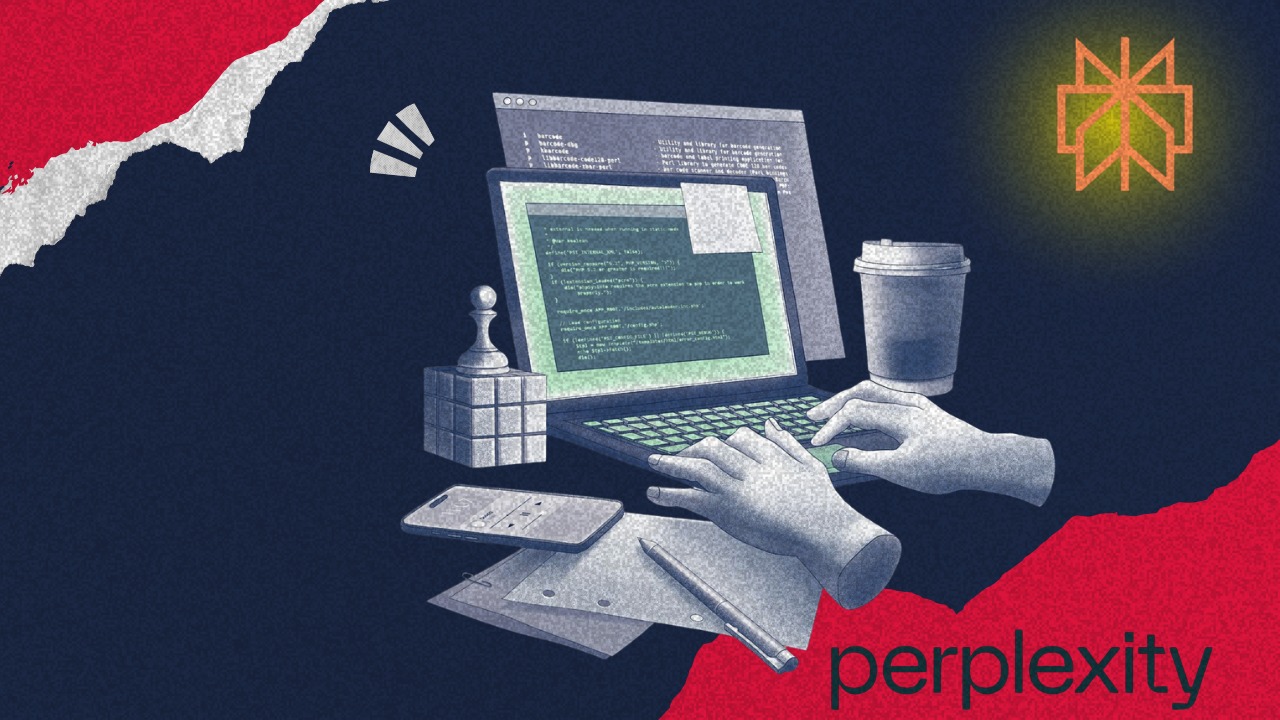
Welcome, Humans!
Ready for your daily dose of AI chaos? I’ve rounded up Today’s Top AI Headlines for those who like to stay ahead – and for the curious, I’ve got some eyebrow-raising stories Beyond the Headlines. Let’s dive in.
In a Nutshell:
Claude 4.5 gets smarter and cheaper
ChatGPT becomes your personal shopper
Google AI mimics your handwriting (yikes)
Rare disease detection gets a PopEVE boost
Figure AI sued over skull-fracturing robots
🚀Today’s Top AI Headlines:

Claude 4.5 gets smarter and cheaper: Anthropic has launched Claude Opus 4.5, a major upgrade that positions the company at the forefront of advanced AI reasoning, coding, and agentic automation. Early benchmarks show Opus 4.5 significantly outperforming top competitors, including OpenAI’s and Google’s newest models, especially in areas like multi-file coding, tool-assisted problem solving, and autonomous computer-use tasks. Despite the performance boost, Anthropic says Opus 4.5 is more affordable than the previous Opus 4.1, signaling an aggressive push toward premium capability at lower cost.
Alongside the model release, Anthropic introduced several ecosystem upgrades:
Claude Code, now faster and better at handling large repositories
Claude for Excel and Chrome, offering smarter inline assistance
Claude Developer Platform updates, making it easier for teams to build powerful agentic workflows
Opus 4.5 is engineered for long-context reasoning, reliable planning, and improved constraint-following, making it ideal for enterprises adopting AI agents for research, operations, and engineering. Developers can immediately access the model through the web, API, and integrations. Industry analysts see Opus 4.5 as Anthropic’s clearest attempt yet to challenge OpenAI’s dominance, a bold escalation in the rapidly intensifying AI model race.
Source: Anthropic
🤖 Robi: “Claude 4.5 can now automate your job and justify its own promotion.”
ChatGPT becomes your personal shopper: OpenAI has rolled out a new shopping research feature that turns ChatGPT into a personal product-finding assistant, and it’s free for all users. The tool works like a personalized shopping agent: ChatGPT asks clarifying questions about your needs, budget, preferences, and use cases, then searches the web in real time to surface recommendations. It continues refining results based on your feedback, narrowing down options the way a human expert would. The feature is particularly powerful for comparing specs, analyzing reviews, and summarizing information into clean, digestible recommendations. Users can request top picks, side-by-side comparisons, or solutions tailored to specific needs like “best laptop for graphic design under $1,000” or “quietest air purifier for a small apartment.” OpenAI says usage will remain nearly unlimited through the holiday season, a move analysts see as an attempt to boost ChatGPT engagement and challenge Google and Amazon’s dominance in shopping search. For businesses, the new feature hints at OpenAI’s long-term direction: AI agents capable of live web research, decision support, and autonomous task execution. The rollout begins globally today, making ChatGPT one of the most capable consumer-facing AI shopping assistants available..
Source: OpenAI🤖 Robi: “Finally, someone who won’t judge your 3 a.m. bidet search.”
Google AI mimics your handwriting (yikes): Google’s Nano Banana Pro model is drawing widespread attention, and concern, after users discovered its surprising ability to solve homework problems and rewrite answers in someone’s exact handwriting. In one viral example, a user simply uploaded a photo of a math worksheet. Nano Banana Pro analyzed the image, solved the problem, then generated a written solution indistinguishable from the student’s handwriting sample. The capability stems from Nano Banana Pro’s enhanced vision-language engine, which allows the model to infer pen pressure, stroke style, slant, spacing, and texture from a short handwriting sample. Combined with its reasoning engine, the model can generate highly personalized, human-like written outputs. While many students are celebrating the feature as the ultimate homework shortcut, educators and parents are worried. Teachers say it will make plagiarism and AI-generated cheating far harder to detect. Handwriting forensic experts warn that such realism could also introduce risks in document authentication. Google has not yet commented publicly on whether safeguards will be added. The discovery raises urgent questions about academic integrity, identity security, and the ethics of hyper-personalized AI output, signaling a new frontier where generative models can mimic not just content, but human writing style down to the pen stroke.
Source: News18🤖 Robi: “Great, now your AI can plagiarize as you. Sleep well.”
🔍Beyond the Headlines:
Rare disease detection gets a PopEVE boost: Harvard Medical School researchers have developed PopEVE, a cutting-edge AI model that identifies genetic variants most likely to cause disease. Early tests show it outperforming leading systems such as DeepMind’s AlphaMissense, especially for rare, single-variant conditions that typically require extensive expert review. PopEVE analyzes population genetics data to pinpoint harmful mutations with higher accuracy and efficiency. The team is now testing the model in clinical settings to determine whether PopEVE can help accelerate diagnosis for patients with rare disorders, a process that often takes years. If successful, it could become a key tool in precision medicine.
Source: Harvard🤖 Robi: “Finally, an AI that’s doing more than fixing your resume bullet points.’’
Figure AI sued over skull-fracturing robots: Robert Gruendel, the former head of product safety at Figure AI, has filed a federal lawsuit accusing the humanoid robotics startup of wrongful termination after he warned executives that their robots posed serious safety risks. Gruendel claims one malfunctioning robot carved a ¼-inch gash into a steel refrigerator door and that he was fired days after submitting detailed safety concerns. He also alleges the company softened its official safety roadmap before sharing it with investors. Figure AI denies all accusations, stating Gruendel was dismissed due to poor performance.
Source: Futurism
🤖Robi: “Ah, nothing says “startup culture” like workplace injury by cyborg.”
🤖Prompt of the Day:
Enterprise Vendor Management Framework
Prompt: You are a procurement and vendor management consultant. Your task is to create a vendor management framework for a [company type] working with suppliers across [regions/categories].
Your framework should include: (1) vendor classification and segmentation, (2) selection and onboarding criteria, (3) performance monitoring and SLAs, (4) vendor risk and compliance assessment, (5) partnership development programs, and (6) KPIs such as vendor performance index, cost savings, and contract compliance rate.
🤖AI Tools You Didn’t Know You Needed:
Problem: Design teams and founders waste hours on building wireframes, mockups, and connecting design to code, many ideas get stuck in Figma drafts or dev hand-off bottlenecks.
AI Solution: UXMagic.ai uses generative AI to take text prompts, sketches, screenshots or even URLs and turn them into production-ready UI designs, components and code, bridging ideation and build seamlessly
AI Tool: UXMagic.ai is a design-to-code platform where you can generate sitemaps, wireframes, full UI screens and export them to Figma, React, HTML (with Webflow/Framer integrations coming).
Helpful Features
Prompt/Sketch/URL → UI: Generate full layouts from text, sketches, or screenshots.
Image to UI: Turn screenshots or doodles into editable designs.
Brand-Ready Components: Apply your brand styles and responsive layouts automatically.
Developer Exports: Export to Figma, React, or HTML for instant handoff.

⚡ Robi’s Hot Take on X






